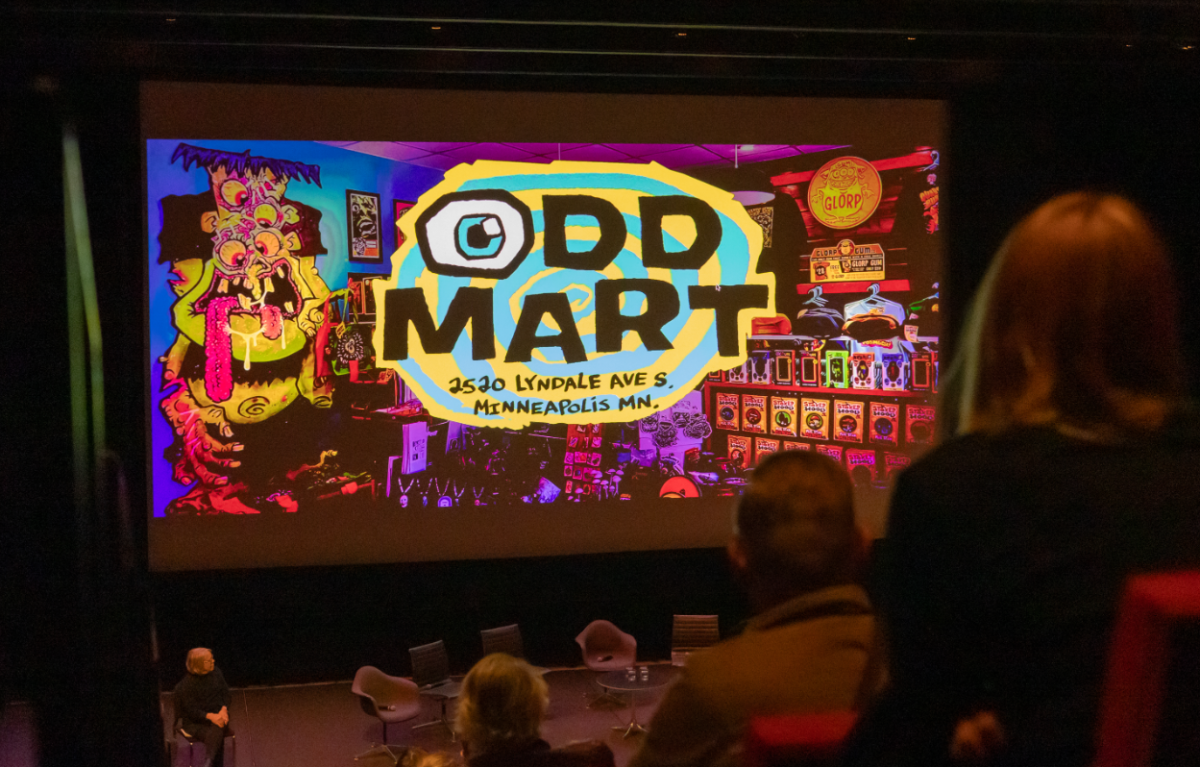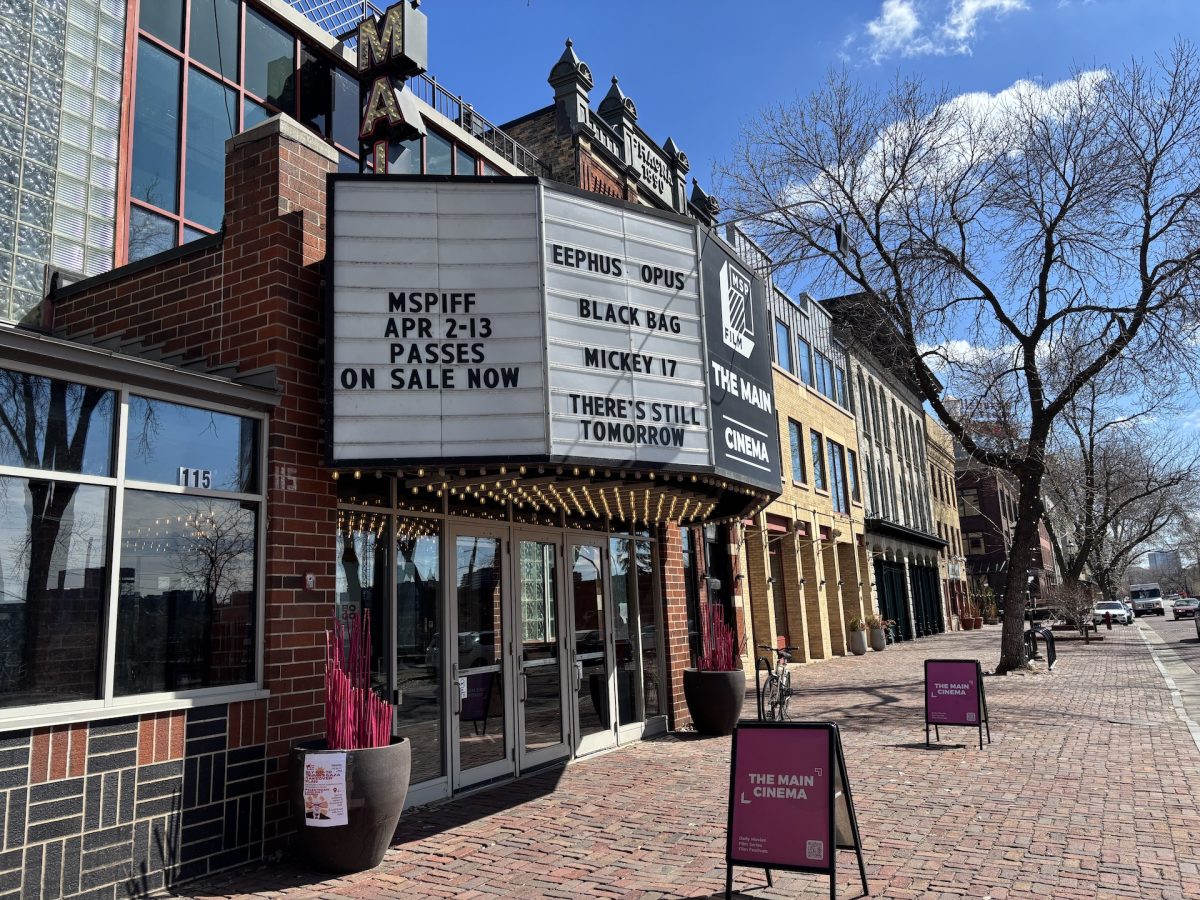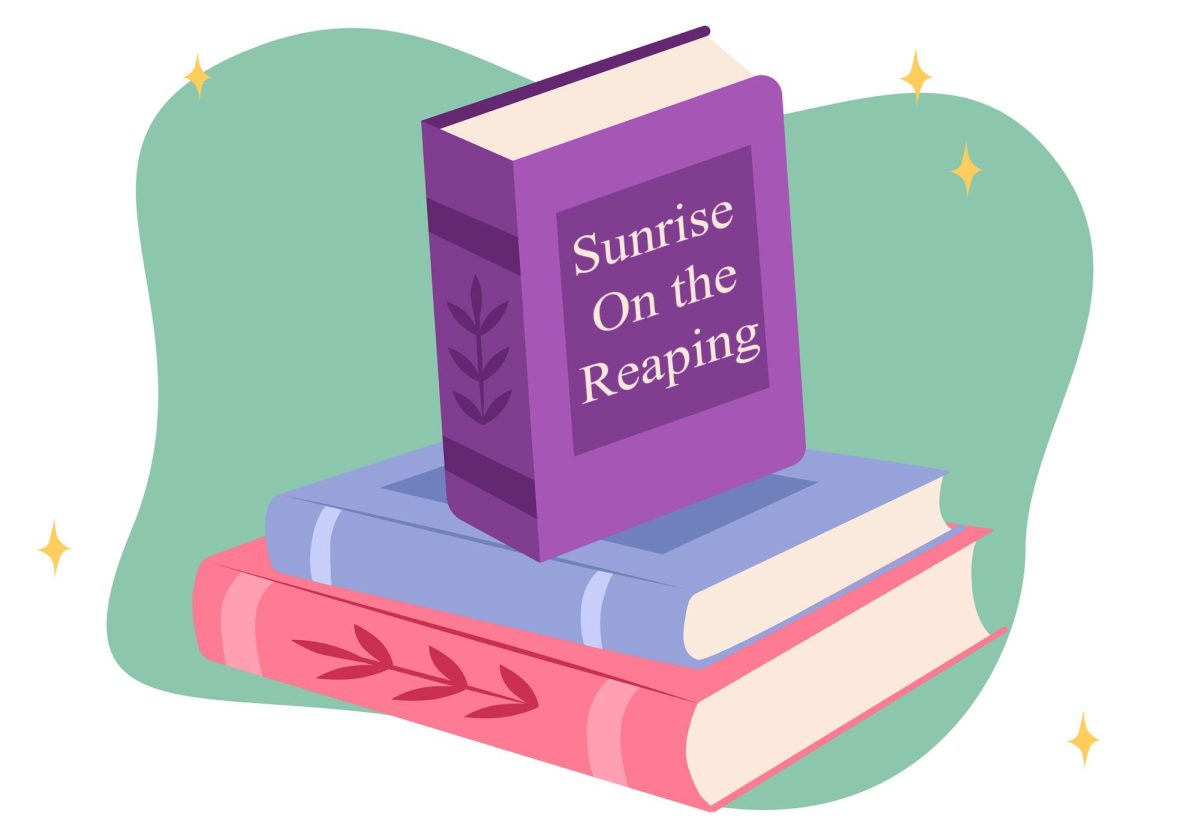Augusten Burroughs’ memoirs manage to be both hilarious and horrifying. His accounts of growing up with his mentally ill mother under the roof of her therapist and his dependency on alcohol are haunting and disturbing. Yet Burroughs is able to step back and find humor in even his most grim memories.
His latest book, “Possible Side Effects,” is his second collection of essays, which gives him the chance to delve into more of the humorous side of his writing. Along with the new book, the film adaptation of Burroughs’ memoir “Running with Scissors” is expected to open in the fall. Burroughs is also working on a television series for Showtime.
When did writing become a serious thing for you?
Well, what happened is, I had been drinking and had alcohol poisoning and I wrote “Sellevision.” I wrote it very quickly, it was like seven days when I finished it, even though I was living in my filthy apartment just swollen from alcohol and years of drinking, just squalor and just disgusting. But I felt very relaxed and weirdly energized because I knew that was it, I was going to write the rest of my life. I had written a book and I didn’t know if it was a good book or a lousy book or if it was going to be published, but I had done it. It had a plot, it had characters, it was a book. It even had chapter titles.
How did you get your writing published?
I decided to see if I could get an agent or get “Sellevision” published, since I’ve already written it. I bought the “1999 Guide to Literary Agents” and I was sort of overwhelmed because the names didn’t mean anything to me, and I didn’t know a lot of the authors either. It was like looking through a phone book to decide who you were going to marry.
So I sent out a bunch of query letters and got a bunch of rejections, and one agent e-mailed me back. He spent about two months with the manuscript, marking it up, so when I got it back it had red felt tip pen scribbles on every single line.
I then showed my journal to my agent because the writing I do for me is so different from “Sellevision.” It was almost like a different writer wrote it. He read it and was like, “Why didn’t you come to me with this?” So that was “Dry.” He then presented it to my publisher and they bought it and I couldn’t believe they bought my journal and I said, “Well, God, if you guys liked that, I should tell you I had a really weird childhood.”
Do you ever feel like you reveal too much about other people in your memoirs and essays?
I write about my life and other people in it are in the context of my life, and I change names and identifying characteristics so that people aren’t instantly recognizable to protect them. I feel I have a right to write about the stories that I have lived and to write about my life. I feel I can write about as much of my life as I want.
How did the film for “Running with Scissors” come about?
I was approached by (screenwriter) Ryan Murphy right when “Running with Scissors” came out in hardcover, but I wasn’t going to option it because I felt it would be too easy to make a very kitschy, sort of tawdry, just bad movie. But I did meet with him because he was so aggressive and so relentless with his pursuit that I decided to meet with him and explain my reasons why I was not going to auction it. But during lunch we discussed his mother, and his mother was so similar to my mother, and Ryan had such a deep understanding of “Running with Scissors” that I changed my mind.
You didn’t write the screenplay for the film, but you’re writing a TV show – why did you want to write for TV?
Because I haven’t done it. And because they allowed me to do anything I wanted and I had complete freedom to create whatever I wanted to create.
What are your favorite TV shows?
I watch a lot of stupid things Ö the History Channel, the Discovery Channel. I get all fixated on, you know, the history of bridges or whatever stupid thing is there.
How do you go from watching those kinds of shows to writing for Showtime?
I don’t need to watch series television in order to create it. I was in advertising for many years and I didn’t own a TV for a large number of years and didn’t pay attention to any of the commercials. I think sometimes you can bring freshness because you’re not being derivative of everything else that’s already currently on TV – it can be an advantage. So I know what I want to do and I know how I’m going to do it, so I don’t really need to watch TV in order to do TV.







